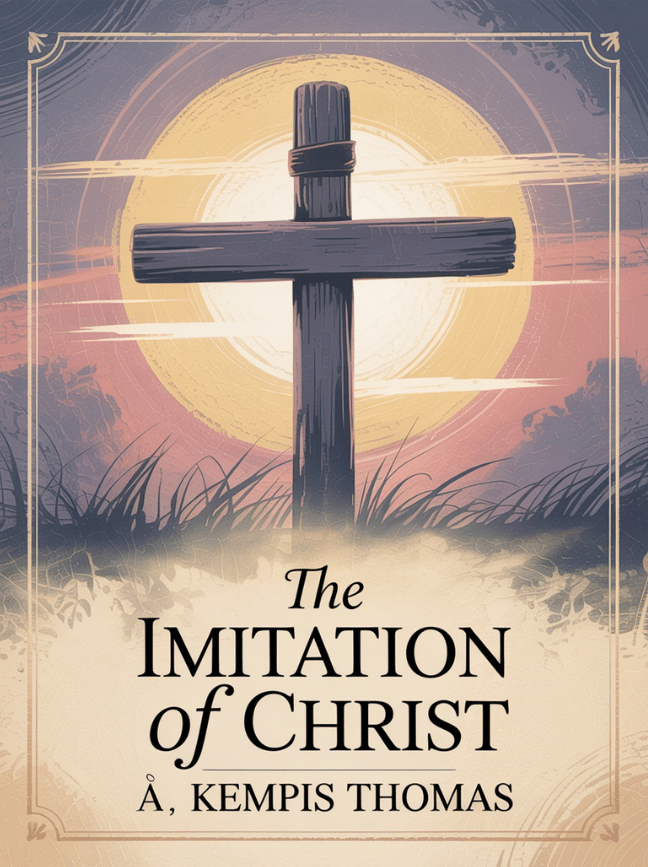Civil Disobedience is an influential essay by Henry David Thoreau that argues individuals should not permit governments to overrule their consciences. Thoreau wrote the piece in response to his opposition to slavery and the Mexican-American War, both of which he viewed as unjust. He famously refused to pay a poll tax that funded the war and supported slavery, an act that led to his brief imprisonment. In the essay, Thoreau asserts that it is not only a right but a moral duty to resist unjust laws and government actions.
Thoreau champions nonviolent resistance and individual conscience as powerful tools for social change. He encourages people to withdraw support from any institution that perpetuates injustice, especially by refusing to pay taxes or comply with unjust laws. Civil Disobedience has inspired countless movements for civil rights and social justice, influencing leaders like Mahatma Gandhi and Martin Luther King Jr. With its call for principled resistance and personal integrity, the essay remains a timeless statement on the role of the individual in confronting injustice.






